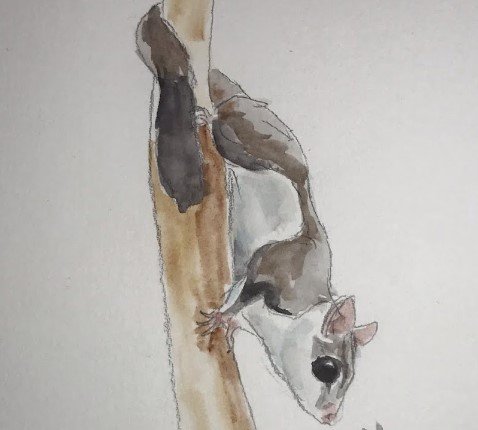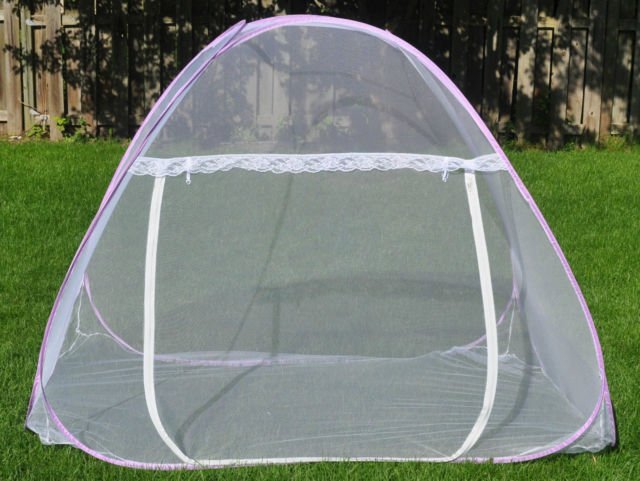Things Sugar Gliders Should Avoid
Things Sugar Gliders Should Avoid
Sugar gliders are adorable little creatures known for their energetic nature and sociability. As responsible pet owners, it’s essential to ensure the well-being of these small marsupials. Just like any pet, sugar gliders have specific dietary and environmental needs. To provide the best care for your furry friend, there are certain things that sugar gliders should avoid. Let’s dive into the Dos and Don’ts to keep your sugar glider healthy and happy.
High-Sugar Foods
Sugar gliders in the wild primarily consume nectar, sap, and fruit, resulting in a natural, high-sugar diet. However, in captivity, these dietary needs should be balanced with a variety of foods. Avoid giving your sugar glider excessive amounts of sugary treats such as candy, cookies, and human sweets. Excessive sugar intake can lead to dental issues, obesity, and metabolic disorders.
Processed Foods
Similar to sugary foods, processed snacks like chips, crackers, and high-sodium foods should be avoided. Sugar gliders require a nutritionally rich diet consisting of fresh fruits, vegetables, and a specially formulated sugar glider diet. Processed foods lack the essential nutrients necessary for their well-being and can harm their digestive system.
Avocado
Although a popular fruit for humans, avocado is toxic for sugar gliders. It contains a substance called pepsin, which can be fatal to these small mammals if ingested. Avoid feeding them avocado or any food products containing avocado as an ingredient.
Chocolate and Caffeine
Chocolate and caffeine are well-known stimulants for humans, but they can be detrimental to sugar gliders. Theobromine and caffeine, present in chocolate and caffeinated beverages like coffee and tea, can be toxic for them. Keep these substances out of reach and never offer them to your sugar glider.
Foods with Artificial Sweeteners
Artificial sweeteners like xylitol, aspartame, and saccharin can be harmful to sugar gliders. These substances can cause digestive upset and even lead to liver damage. Avoid giving your pet any products containing these sweeteners, including sugar-free gum, candy, or processed foods.
Alcohol
Alcohol is highly toxic to sugar gliders and should never be given to them. Even a small amount can result in serious health issues, including organ failure. Keep all alcoholic beverages securely stored and away from the reach of your sugar glider.

Unsafe Environment
Aside from dietary concerns, it’s essential to provide a safe and suitable environment for sugar gliders. Avoid exposing them to potential hazards such as:
1. Toxic Plants: Certain plants can be toxic to sugar gliders. Some examples include lilies, azaleas, and daffodils. Before introducing any new plants in their living space, ensure they are non-toxic to your pet.
2. Harsh Chemicals: Refrain from using household cleaners and chemicals near your sugar gliders’ enclosure. Fumes and residues can be harmful to their respiratory system.
3. Temperature Extremes: Sugar gliders are sensitive to extreme temperatures. Keep them away from drafty areas, direct sunlight, or areas with fluctuating temperatures.
4. Cages with Large Bar Spacing: Sugar gliders are small and agile, so cages with wide bar spacing can pose a risk of escape or injury. Choose cages designed specifically for sugar gliders to ensure their safety.
Frequently Asked Questions
Can sugar gliders eat fruits?
Yes, sugar gliders can eat fruits as part of their balanced diet. Fruits like apples, grapes, and melons can be offered in small quantities.
How often should I clean my sugar glider’s cage?
Sugar glider cages should be cleaned regularly to maintain good hygiene. Cleaning the cage once a week is typically sufficient, but spot cleaning should be done daily.
Can sugar gliders be trained?
Yes, sugar gliders can be trained. With patience and positive reinforcement, they can learn various tricks and behaviors.
Do sugar gliders need companionship?
Sugar gliders are highly social animals and thrive in the company of other gliders. It is recommended to have at least two sugar gliders to ensure their mental well-being.
Final Thoughts
Ensuring the health and happiness of your sugar glider involves providing a balanced diet, a safe environment, and lots of love and attention. By avoiding high-sugar foods, processed snacks, toxic substances, and providing a suitable living space, you can give your sugar glider the best care possible. Remember to consult a veterinarian specializing in exotic pets for specific dietary and care recommendations for your sugar glider. With proper care and attention, your sugar glider will flourish in its new home and bring joy to your life for years to come.







